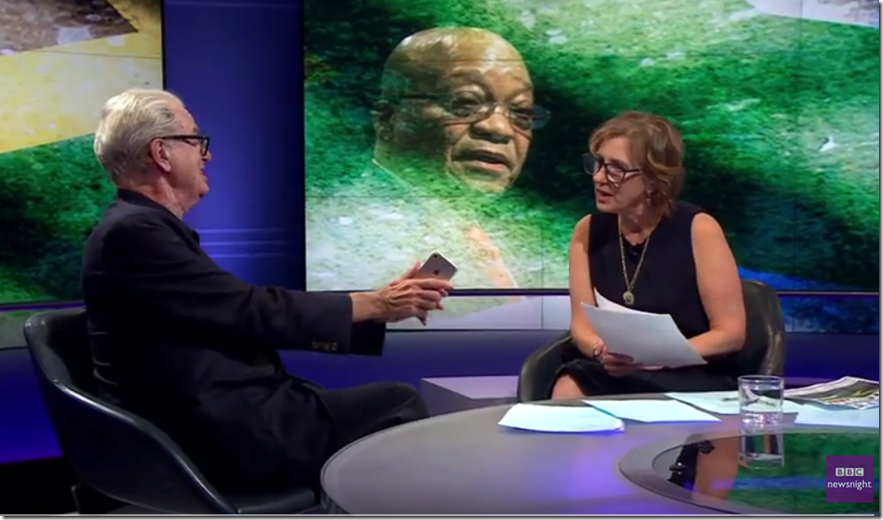How To Write A Safer E-Mail
It’s safe to say that Morley Safer, the respected 60 Minutes correspondent, won’t be getting an invitation to a women’s rights rally any time soon.
First, some background. Mr. Safer is a member of something called The Century Club, which obnoxiously describes itself as:
“…an association of over two thousand authors, artists, and amateurs of letters and the fine arts…men and women ‘of any occupation provided their breadth of interest and qualities of mind and imagination make them sympathetic, stimulating, and congenial companions in a society of authors and artists.’”
That description is ironic, it turns out, as Mr. Safer acted in an uncongenial manner quite unsympathetic toward women. It seems that members of The Century Club also have rights to London’s Garrick Club – which, according to The New York Times, hasn’t caught up to our enlightened age:
“While male members of the 164-year-old Century have unfettered access to the British club, women can enter only in the company of a man.”
So why is Mr. Safer the bad guy in this story? Because his words, according to the Times, “stood out for their harsh tone.” In a series of vituperative e-mails sent to dozens of Century Club members, he lambasted the possibility of discontinuing ties with the Garrick, calling one female member who supporting cutting the relationship, “whining,” “self-pitying,” “humorless.,” and “vindictive.”
All of this serves as a set-up for the point of this article. Again, from the Times:
“The newsman strongly opposed ending the relationship with the Garrick. And he expressed that opinion repeatedly in e-mails to dozens of Centurions….Reached by telephone, Mr. Safer confirmed that he had written the messages, but would say only this: “I am sorry this has become public. This is a private matter among club members.”
Wow. Mr. Safer truly is an anachronism. Did he actually expect that antagonistic e-mails sent from a high-profile journalist to dozens of people on a combustible topic would really remain private? Hasn’t this 60 Minutes correspondent exposed enough private messages to know that they wouldn’t?
Here’s the bottom line, something countless executives, government officials, and celebrities have already learned the hard way: E-mails often become public. The wider and less intimate the circle, the greater the chances of a leak. It may seem like a pedantic reminder, but it’s one that seems worthy of repetition: If you don’t want it on the front page tomorrow, don’t put it in print.
Related: There’s No Such Thing as “Off-The-Record”
Related: Why You Should Be Paranoid In Public




Dear Morley
How can I ever forget that 60 minute segment with you! Now I have a story that has stuck in my graw for 40 years – and involves a lot of rich and famous who would like to forget!
Carl